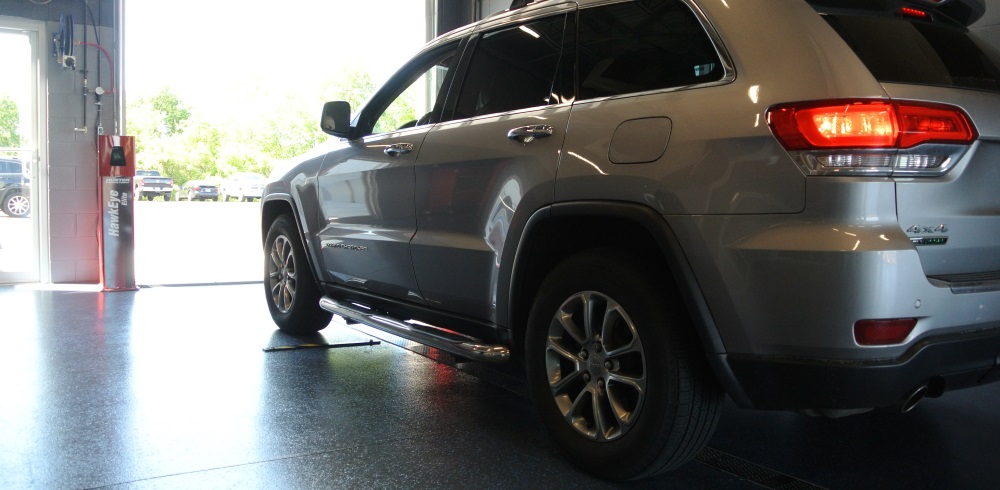
Why Wheel Alignment Matters
Some people are hesitant to have wheel alignment done since they don’t understand exactly what it does, which is a mistake, as this is among the most important maintenance tasks. Alignment is an incredibly complex procedure, but when wheels aren’t aligned properly, they won’t face the right direction. As you can imagine, that has a negative effect on your steering as well as your suspension.
Think a bit harder and you will realize that if the tires are pointing in the wrong directions, they won’t last as long, leaving you to go through the hassle of replacing them more frequently. Other components linked to the tires will also wear out more quickly, and your safety may even be compromised. After all, wheels are designed to provide traction when they are straight, but no guarantees can be made about if they are facing different directions.
Understanding How Your Tires Lose Alignment
You need to have your wheels aligned at regular intervals just to make sure everything is in the proper direction. You should also visit our service center for a wheel alignment if you hit a pothole or the curb, get in an accident, or bump into a concrete parking stall. Any of these things can mess up the alignment, and since the angle is measured to the hundreds of degree of an angle or inches, a small bump can do a reasonable amount of damage.
What We Do During an Alignment
Completing a wheel alignment is complicated, and the average person in Piqua simply doesn’t have the equipment necessary to take care of this task themselves. We use alignment machines to get the precise measurements we need to make any adjustments to the wheels and axles that are necessary. We have a master list of all the manufacturer specifications for alignment, so we know your vehicle’s ideal measurements and will adjust the toe, thrust, caster, and camber, each of which are different types of suspension angles. Since your car is raised for an alignment, we will also take the opportunity to check your suspension components for wear and tear.
Types of Alignment
At Sherry Chrysler, we can handle both four-wheel alignments and front-wheel alignments. The typical vehicle only needs front-wheel alignments, but those with all-wheel drive or four-wheel drive need a four-wheel alignment. Front-wheel drive models with adjustable or independent rear suspensions will also need a four-wheel alignment. Our trained technicians can easily let you know what type of alignment you need as well as handle commercial truck wheel alignment.
On average, you should have your wheels aligned at every other oil change. If you get in an accident or hit a particularly severe pothole, we may suggest an additional wheel alignment. Just tell us your particular circumstances and we’ll let you know if you should have the wheels aligned or if you can wait a bit longer.

